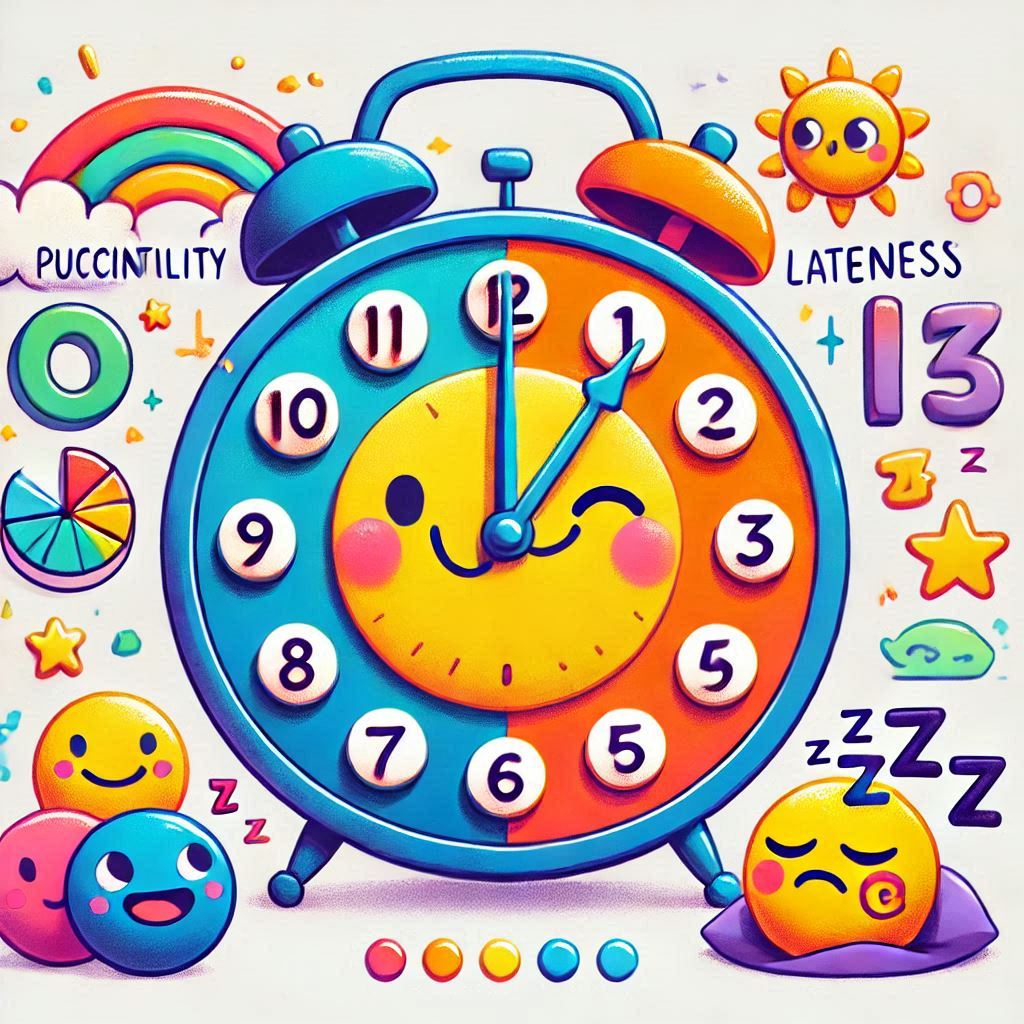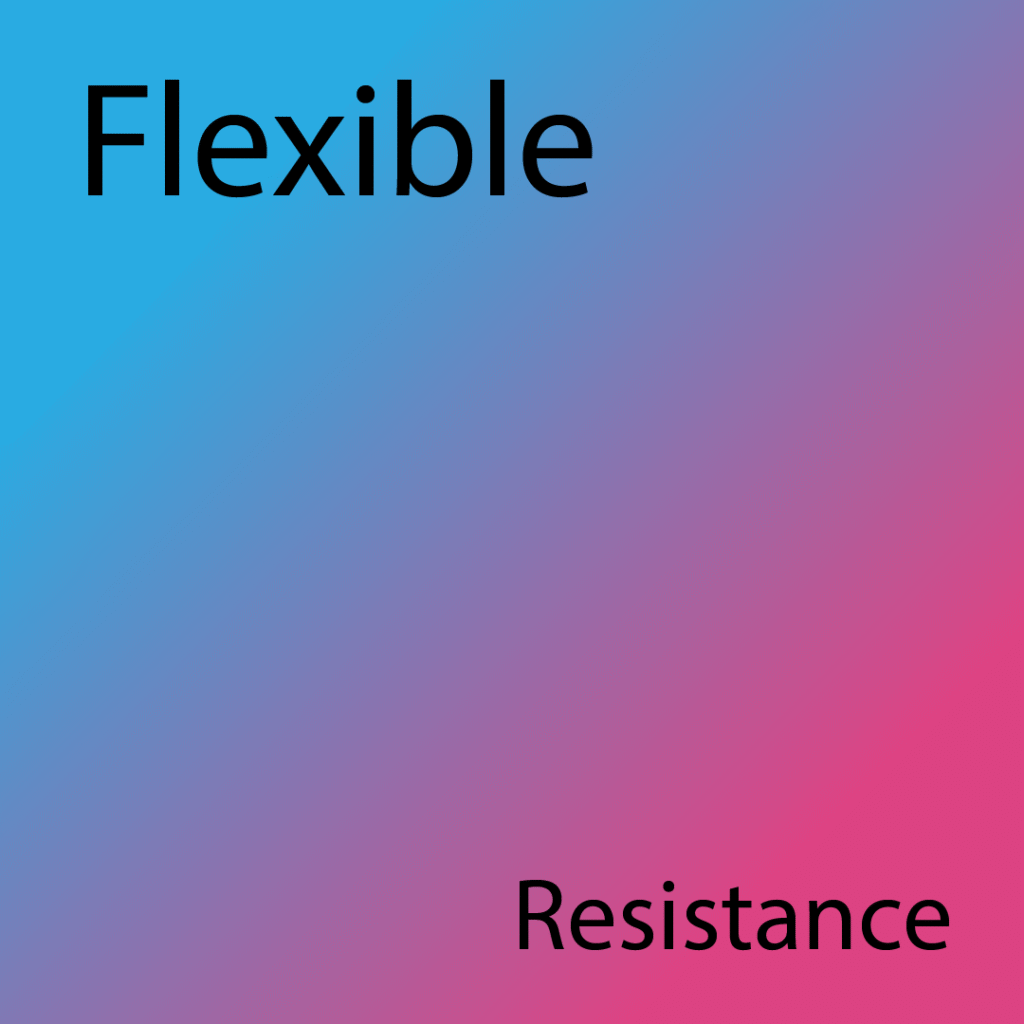Let me dive directly into the core of today’s blog.
How Would You Define a Happy Family?
A happy family is one where everyone enjoys each other’s company, spends time together, and shows mutual respect. Children respect their parents, and parents care for their children, valuing their time together. Ideally, at least once a week, the family spends an evening exclusively together—just parents and children, without gadgets or screen time. It’s a time dedicated to being fully present at home and connecting with one another.
Why Are Gen Z Kids Different?
Like how Ganesha has a unique trunk, Gen Z kids seem to be born with a mobile device or gadget as their “third hand.” This “third hand” currently lacks control, and they face countless influences, both positive and negative. Peer pressure is a significant challenge for Gen Z. While they are empowered with multitasking abilities, they also tend to have shorter attention spans and difficulty concentrating.
Gen Z kids possess immense energy and willpower, but their energy can easily be misdirected, potentially leading to challenges for both them and their families.
Traditionally, Indian culture highly valued the family system. However, with the influence of modern and Western culture, globalization, and other factors, many of us have started to focus on only what we can see and have lost touch with our intuitive abilities. In cities, people spend excessive time in traffic, on mobile devices, and on social media. We’re constantly bombarded with advertisements, always thinking about what others have and what we lack. This mindset inevitably attracts stress, preventing us from making the right choices.
Modern-day families do spend time together, but not always mindfully. In a recent survey, almost every parent said they teach character to their children by leading by example. Gen Z kids are observant—they hear what parents say, but more importantly, they watch how we behave. If we want to raise responsible and happy children, we must first become responsible and happy parents.
Parents carry many lessons from their own childhoods, but what is the right forum to share these with their children?
The Importance of Family Time for Children:
Children between the ages of 7 and 12 are especially receptive to thoughts and ideas, before entering their teenage years. During their teens, children face pressure to study, keep up with peers, and more. Without understanding parents, they may go through a tough time.
Every parent needs to be well-prepared to support their teens, and the best way to create a positive environment is by ensuring quality family time. If you and I meet again in five years, what will set us apart is the people we’ve met and the books we’ve read.
The Power of Positive Affirmations:
Positive affirmations are mantras that you repeat every day to impress your subconscious mind and foster positive thinking. Two popular examples of this concept are:
- The Secret (book)
- The movie 3 Idiots, with its “All is well” mantra.
Addressing Negative Habits and Qualities:
When we are born, each of us is pure—we know only love. However, our environment, education, and media play significant roles in shaping how we grow up. Without awareness, a person may develop negative habits or qualities like anger, jealousy, fear, and selfishness. If these negative habits are not controlled or removed, they can spread like a virus and have a profound negative impact on our progress.
Schools and education systems focus on intellectual development, but who is responsible for teaching values and behavior? Who can help children stay away from negative habits and emotions? I leave you with this question for now.
What Do You Think?






